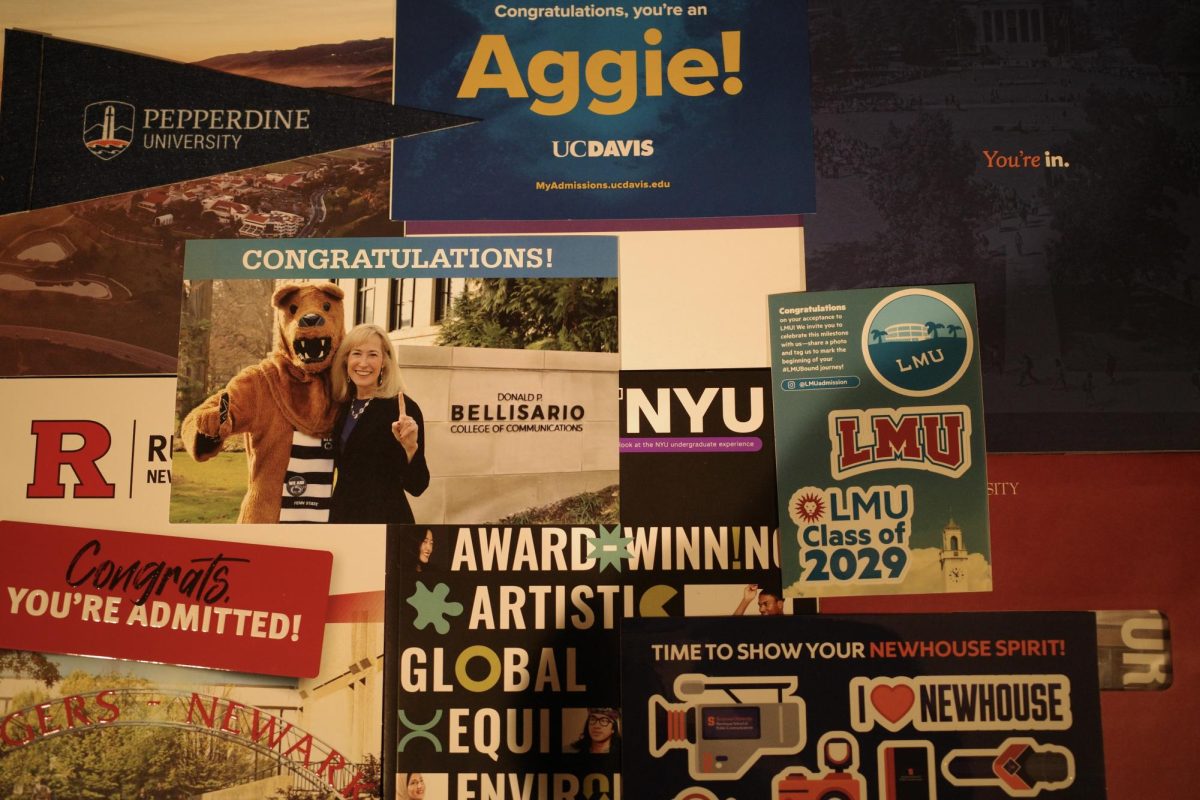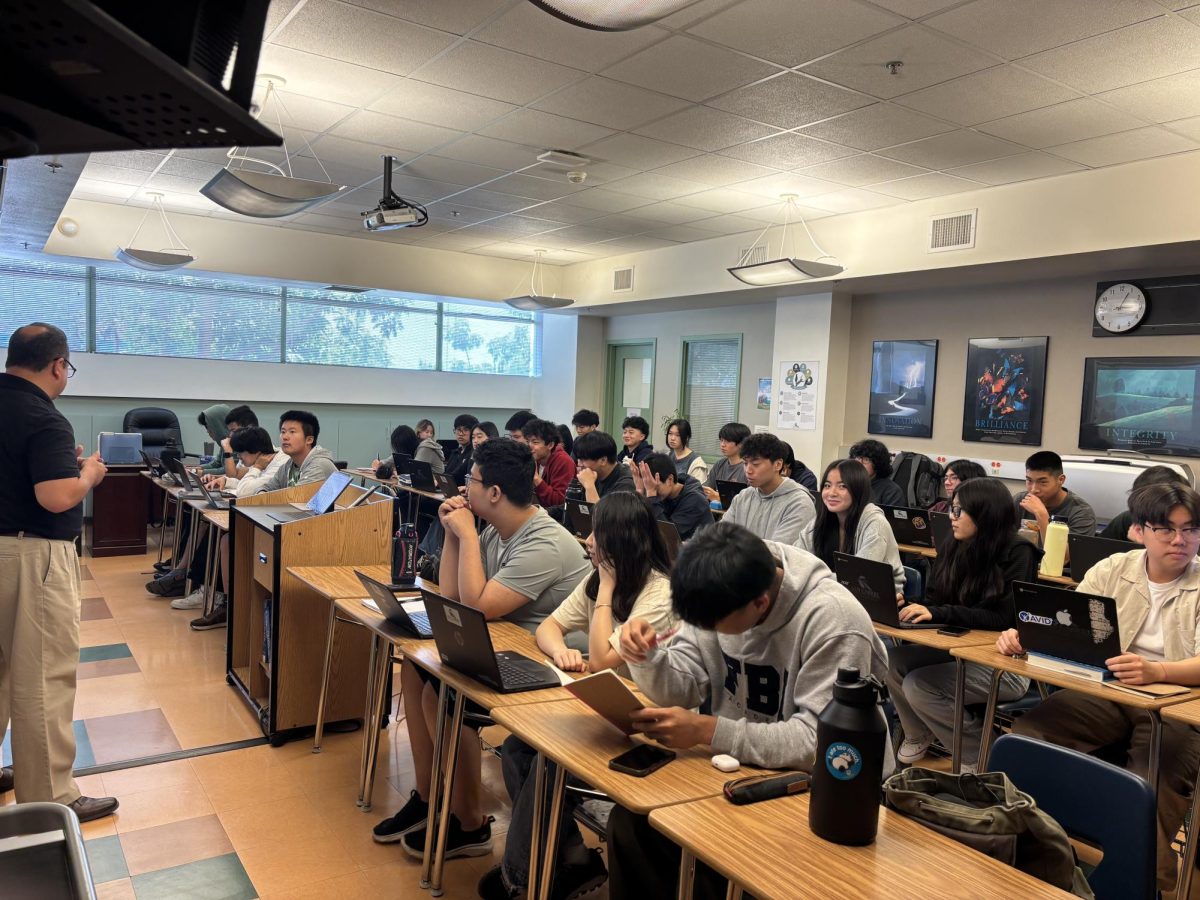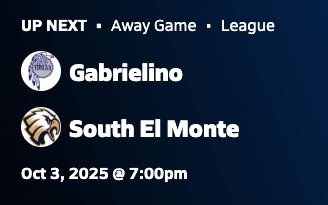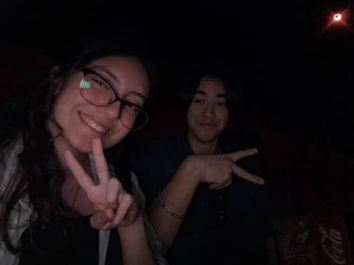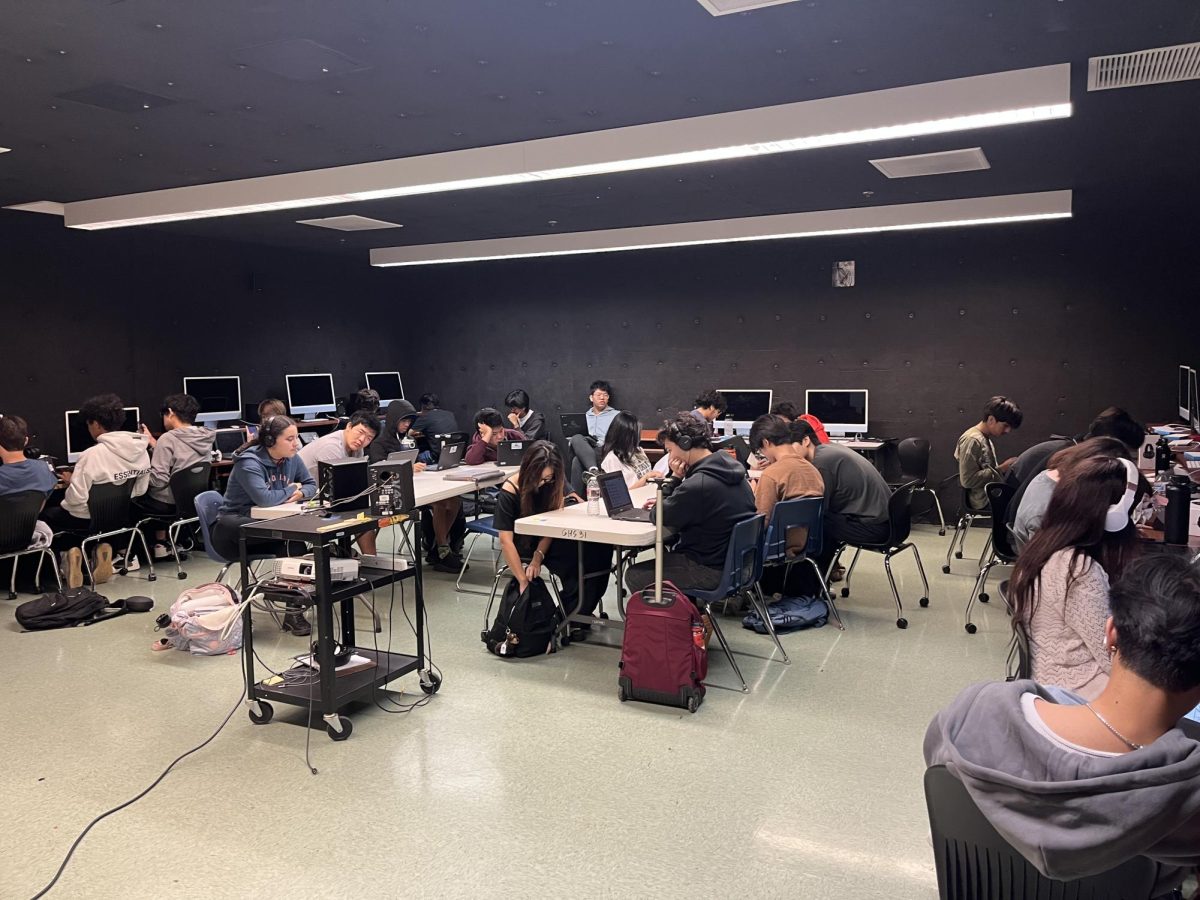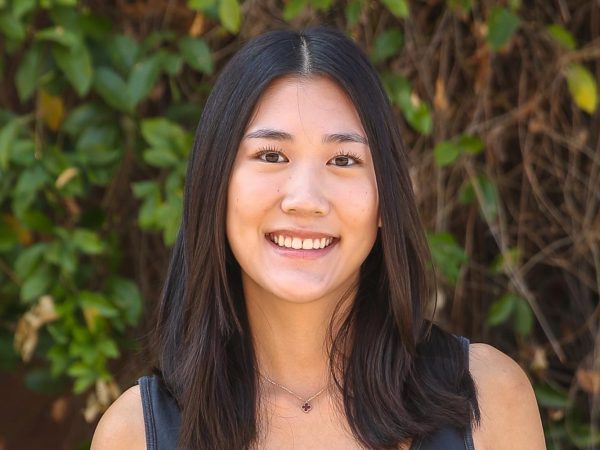As high school seniors approach the May 1 college commitment deadline, curiosity among their peers is at an all-time high—prompting constant questions about where they applied, were accepted, or rejected. But through the eyes of many seniors, it’s clear that these conversations often feel invasive and unnecessary. The stigma surrounding college decisions should be addressed and, when possible, avoided altogether.
Throughout both the fall application season and the spring decision wave, it’s nearly impossible for seniors to go a week without being asked about their college plans. That frequency alone proves how redundant and draining the conversation has become.
Sofia Villagra, who is committed to the University of California, Berkeley, found herself avoiding questions about college.
“It depended on who asked, if I didn’t know them, my answers were vague,” said Villagra. “When someone asked how many schools I applied to, I would say, oh I didn’t count.”
Villagra’s experience isn’t unique, various students found themselves feeling the same way.
Marco Cisneros Farber, who is also committed to the University of California, Berkeley, feels as if the intentions of those who asked weren’t pure.
“I was a little open to talking about college but I felt that some students weren’t asking from a place of concern but from a place of selfish interest and there’s not much you can do about it,” Farber expressed.
That’s the issue: asking about college decisions often breeds competition and unhealthy comparison. Especially when multiple students from the same school apply to the same university, it’s easy to start viewing classmates as rivals, knowing colleges sometimes compare applicants from the same school.
Farber, who applied to 14 schools, often downplayed his preferences.
“I would change my answer about my top school,” he admitted. “I didn’t want to sound pretentious or stuck up.”
As someone who applied to 27 schools this year, I kept my college process mostly private. That decision came from fear—fear of judgment, of being underestimated, of being labeled as undeserving. I wanted to avoid fueling competition among peers who were already dealing with enough pressure.
“I guess in a perfect world, everyone wants what’s best for you,” Farber added. “But that’s not true in high school. People pray on your downfall.”
Of course, not all curiosity is harmful. Senior Gwendolyn Chu, who is still deciding where to attend, acknowledges that much of it is natural.
“If my friends asked, I’d give them a rundown,” Chu said. “If I didn’t know them, I’d laugh and just say that I’d rather not say.”
The reality is, applying to college is overwhelming. From writing endless supplemental essays to refining personal insight questions and polishing activity lists, students are under constant pressure. The last thing they need is more probing from peers.
As commitment season wraps up, what seniors need most is support. Respecting someone’s boundaries; especially when it comes to something as personal as college decisions, is a simple act of empathy.
Social media doesn’t help either. It’s blurred the lines between what’s public and what’s personal. Platforms like Instagram and TikTok make it feel like everyone’s entitled to know everything. But that false sense of familiarity can bleed into real life, leading people to ask questions that cross boundaries.
At Gabrielino, as at many other high schools, there’s an unfortunate stigma around celebrating college acceptances. Too often, students are discouraged from sharing their post-graduation plans out of fear of judgment or resentment. But once students are ready to share where they’ve committed, we should support and celebrate their achievements. After all, we’ve witnessed each other grow from uncertain freshmen into young adults preparing for college.
The college admissions season doesn’t have to be labeled as “toxic.” Respecting each person’s choice to keep their decisions private—or to share them on their own terms is key. Adopting a “don’t ask, don’t tell” culture until students are ready to speak openly can help create a healthier, more supportive environment in the spring.
As current juniors gear up to start their college applications, I hope they take a different approach. Respect others’ privacy and don’t probe your peers about their acceptances or where they are going. Focus on your own path. And trust that your journey, however different it looks, is valid. Everyone’s college process is unique, just like their definition of success.

